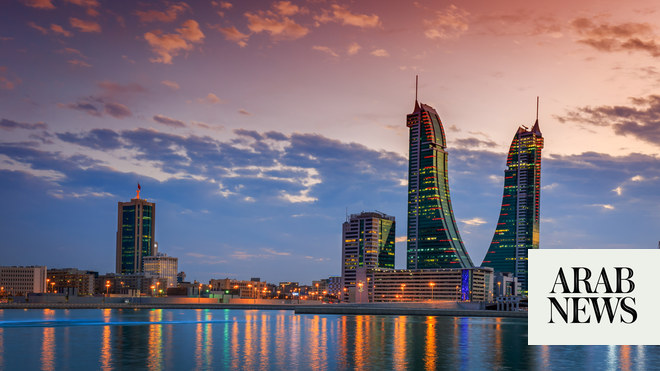
S&P Global Ratings has revised Bahrain"s outlook to "stable" from "negative" on the back of new fiscal reforms aimed at improving non-oil revenues and cutting state spending, the ratings agency said in a statement.
Rated below investment grade, Bahrain was bailed out to avoid a credit crunch in 2018 with a $10 billion package from wealthy neighbours, Saudi Arabia, Kuwait and the United Arab Emirates.
That money was linked to a set of fiscal reforms, but after the coronavirus crisis strained its finances, Bahrain in September postponed plans to balance its budget by two years and announced plans to increase a value-added tax.
"The Bahraini government recently announced additional fiscal reforms to strengthen non-oil revenue and rationalize expenditure. These measures, along with the more supportive oil price environment, should improve the sovereign"s fiscal position", S&P said in a statement this weekend.
The agency said it expects the government to benefit from additional financial support from its Gulf neighbours, if needed.
Bahrain will double value-added tax to 10% next year, a move which S&P estimated could contribute receipts of about 3% of gross domestic product in the next few years, up from about 1.7% this year.
The Gulf state is also planning to rationalise operational government expenditure and social subsidies in 2023 and 2024, a move which shifts the focus of its reforms more on the spending side than on raising non-oil revenues.
"We believe there is higher implementation risk in expenditure rationalization as the delicate political and social environment on the island, which has constrained the government"s efforts, persists", S&P said.
Bahrain has in the past backtracked on some reforms as its Sunni Muslim rulers feared that austerity moves would bolster the majority Shi’ite-led opposition and stir more of the unrest that rattled the country since the 2011 Arab Spring uprisings.












